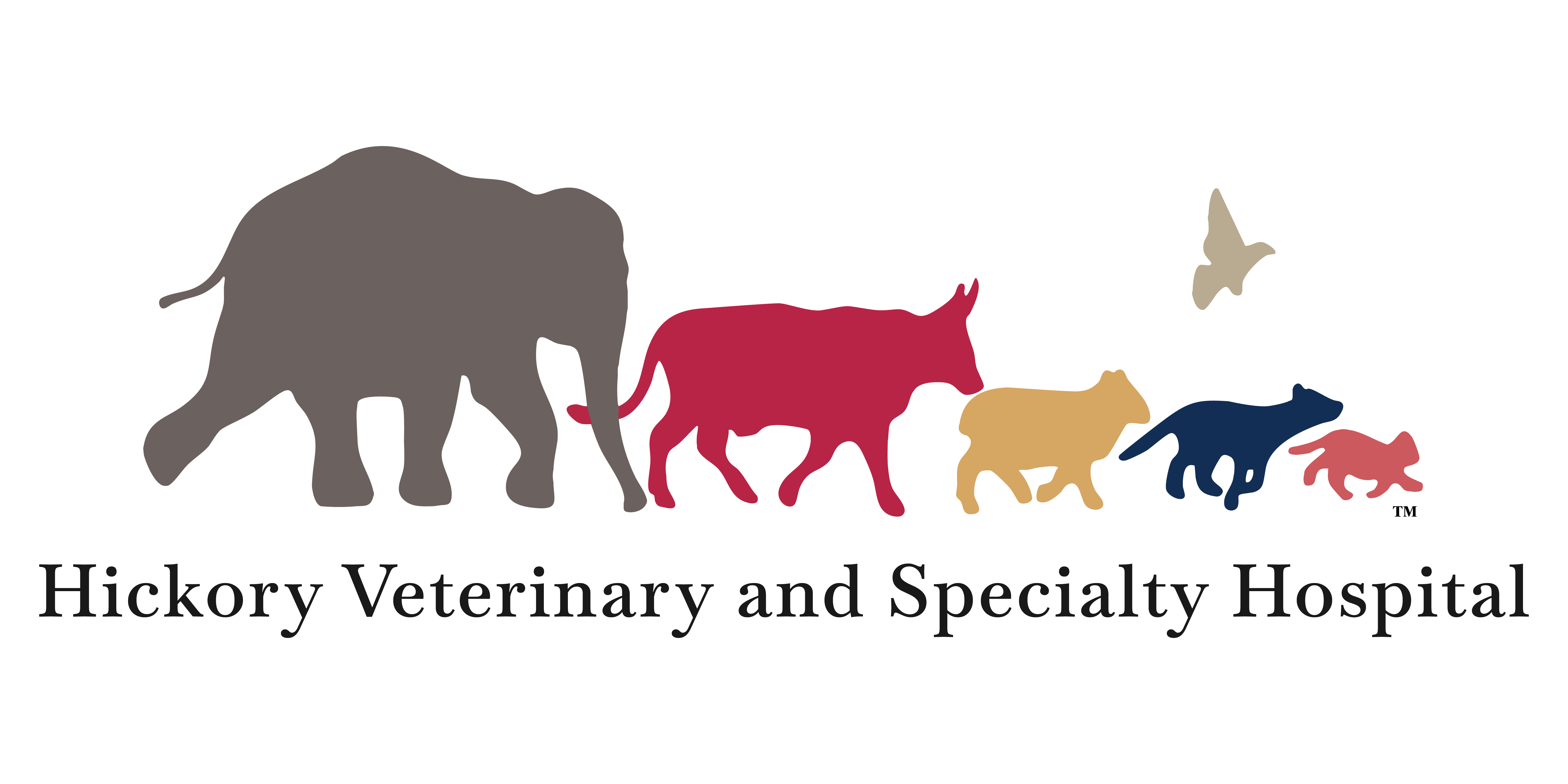Whether you have a new kitten, puppy or a pet that has reached their golden years, proper nutrition plays a large role in keeping them healthy. Caring for your companion properly helps to ensure that you will have many happy years together. As you care for your pet, the food you select, the exercise you provide and the love you give all work together to keep your pet in top condition.
Just like a baby has different nutritional needs than an adult, kittens and puppies have different needs than the cats and dogs they will grow into. It is important to remember that those needs change as your furry friend grows. Talk to your primary care veterinarian about choosing one of the various nutritious pet foods on the market. Caring for your pet according to their lifestyle (size, age, activity) means you are giving the best care possible throughout your pet’s life.
Switching Food
If you decide to change your pet’s food, or need to because of a life stage, change it slowly. Start off with 75% of the previous diet mixed with 25% new diet. Gradually add more of the new diet and less of the previous diet over a two to three week period. Switching to a different diet too quickly can produce gastrointestinal upset. If during the process of switching diets you notice vomiting or diarrhea; please call your pet’s veterinarian.
Prescription Diets
We carry a variety of Hill's Science Diet prescription diets in both dry and canned preparations for a variety of medical conditions (bladder stones, heart disease, pancreatitis, obesity, etc.) Please speak with a veterinarian regarding your pet’s specific medical needs. For refill requests on your prescription, click here.
Our online pharmacy COVETRUS offers a variety of prescription diets by Hills, Purina, and Royal Canin via prescription approval. We can also help you create a Hill's to Home account for Hill's diets.
Allergies
Believe it or not, it is not uncommon for cats and dogs to develop a food allergy.
Food allergies are thought to make up 20% of allergic skin disease in pets.
There are a variety of diets for allergy prone pets. Allergy diets should have a limited protein and limited carbohydrate source. Often a pet needs the protein and carbohydrate source to be novel. This means that the pet has not eaten the carbohydrate or protein source before. The most common food allergens include chicken, beef, dairy products, fish and wheat. Signs of food allergies can look like other diseases, such as diarrhea, bloating, and stomach pain.
Obesity/Weight management
As your pet grows it is not uncommon that life styles change and your pet may have less activity or start to eat additional treats and table snacks. We love our pets and tend to show our love through food rewards. We can keep you keep your pet on a healthy regiment of activity and proper diet habits. Discussing nutrition on your wellness visits is very important as calorie needs change over a pet's life cycle.
Some Helpful Nutrition Tips
If you are switching your pet’s diet please do it slowly, over a period of a few weeks. Introduce the new food slowly in with the existing diet.
- Do not feed your pet raw meat. Raw meat can contain bacteria, which could lead to possible infections.
- Do not feed your cat dog food; cats have special protein needs that are NOT supplied in dog food.
- Do not feed your cat milk, large amounts of milk can cause gastrointestinal problems.
If you are feeding a nutritionally complete diet there should be no need to give vitamin supplements (unless suggested by your veterinarian). Too many vitamin supplements can be just as bad as too little.
